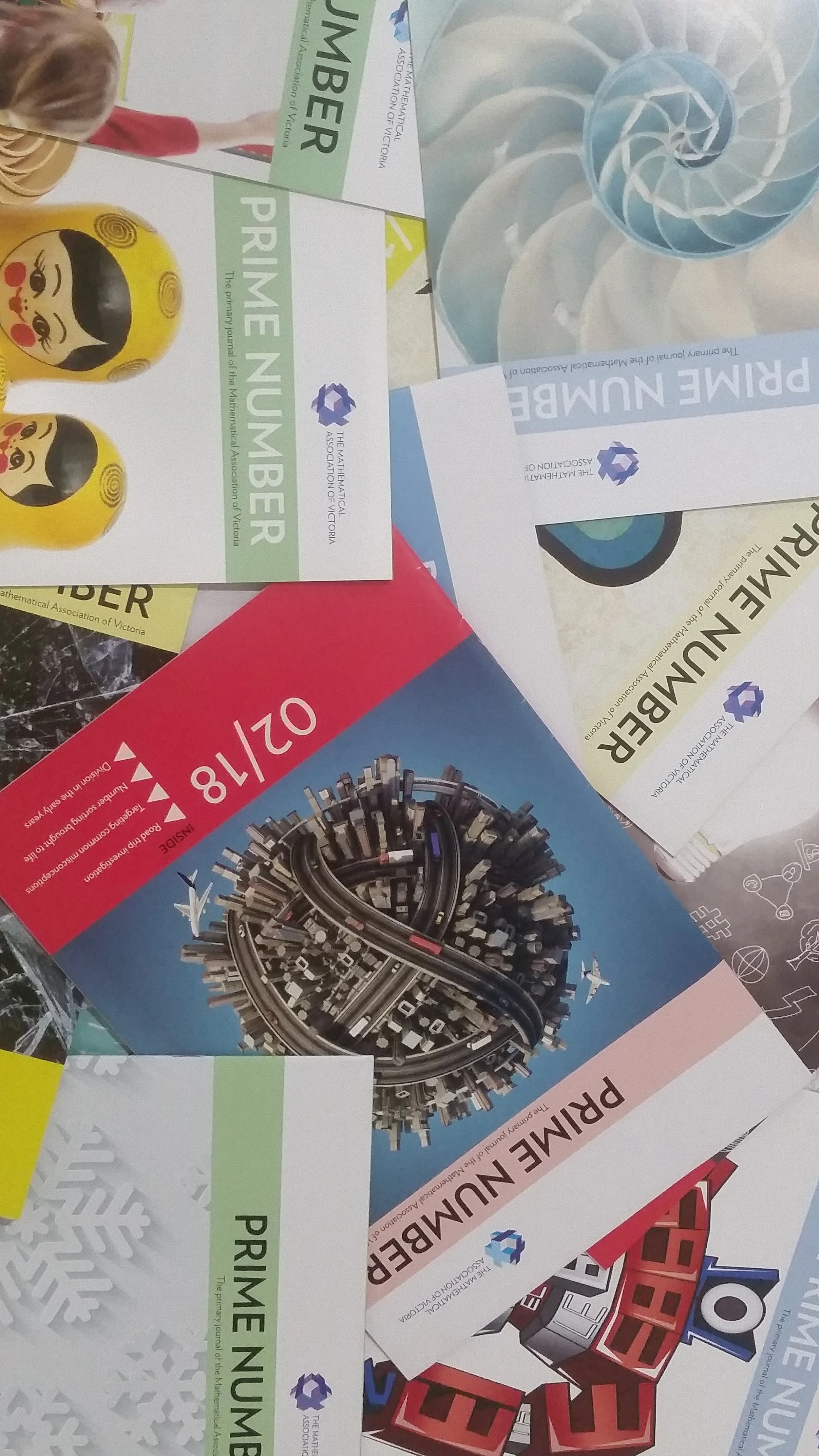Road Trip Investigation
/By Michael Minas
As any classroom teacher can attest to, nothing matches the rewarding feeling you get when you watch students get lost in an activity that they are genuinely engaged in. And when it comes to maths, children love to immerse themselves in tasks where there is a clear and meaningful connection to the real world that exists outside the four walls of their classroom.
Towards the end of 2017, my family was planning on taking a holiday to Queensland. As my wife and I sat at our dinner table, debating the merits of driving against the prospect of flying from Melbourne to Brisbane, it occurred to me just how much our conversation involved maths. When we eventually decided on the road trip option, I seized the opportunity to involve my year 3/4 class in the planning of our upcoming journey.
When I returned to school the following week, I told my students that they would be helping to plan my family’s drive from Melbourne to Brisbane. The children were placed in pairs and asked to design the best possible road trip, taking into account the cost of petrol and accommodation, the time spent in the car on each day of the journey and the places we were to visit along the way. They were told that we had to stop and sleep somewhere for a minimum of two nights (thus breaking the trip up into three legs) and a maximum of four nights (or five legs).
For each leg of the trip they were asked to record:
*Starting and finishing cities/towns.
*Total distance travelled.
*Departure and arrival times, while making allowances to stop for breaks.
*Cost of petrol.
The students were immensely interested in the challenge in front of them. One reason for this high level of engagement was the very clear link between the work they were doing and the real adventure about to be undertaken by someone they all knew. The class was also aware that my two children were aged just three and one at the time of the trip and they used this information to help them plan the journey. Many pairs made links to their own experiences of driving long distances, to help guide them on what would be the appropriate length of time to spend in the car on each day of the trip. There were also some students who had younger siblings and this helped them to make judgements about how frequently to stop for breaks.
Once each group had decided on the towns where we were going to stay for overnight visits, they then had to select accommodation. For this part of the activity, the students used the internet to find hotels, motels and apartments that they thought would be a good fit for my family. It was quite astounding to see the level of thought and care that they put into this section of the project. Some groups spent time checking out whether the restaurant at the hotel they had selected catered for vegans, in order to ensure my wife could get a decent meal at the end of a long day of driving, while others were asking me if I thought we would like to go swimming, to work out whether it was worth paying extra for accommodation with a pool. This part of the activity involved a great amount of discussion and reasoning between the students, as they debated the trade-off between the facilities on offer at the various hotels against the cost of the accommodation.
Finally, the students were asked to visually represent the journey they had planned on a map of the east coast of Australia and write a persuasive piece, outlining why their particular road trip plan should be the one that my family should follow on our upcoming journey.
The feedback from the class supported my intuition that this activity was one of the most rewarding tasks we had done during the year. Below is a selection of their thoughts, taken from some written reflections we did at the end of the activity.
“I loved the road trip because I was able to choose where my teacher was going to stay and look on great websites such as Trivago and Trip Advisor.”
Thom
“I liked the road trip project because we got to work on a project that actually amounts to something. I also liked it because we got to work on it every day. The other reason why I liked it was because we had independence.”
Magnus
“I absolutely loved “The Road Trip”, for it gave us a chance to use our planning skills and our maths skills at the same time. I enjoyed the sessions because me and my partner worked really well. I had never done something like this before and I utterly loved it. It was such an original idea, I would love to do it again.”
Phoebe
When I reflected on why the activity was so popular, it was clear that many of the students loved applying what they had been learning to a meaningful activity with strong links to the outside world. I believe that opportunities to have students working on similar types of tasks are all around us. The trick is to recognise when they occur and find ways to use them in the classroom to ignite the interests of your students.
(This article originally appeared in Prime Number- Term 2, 2018.)



